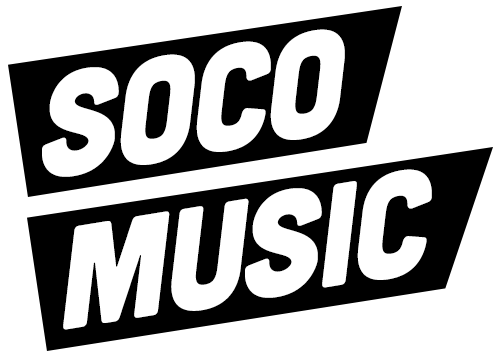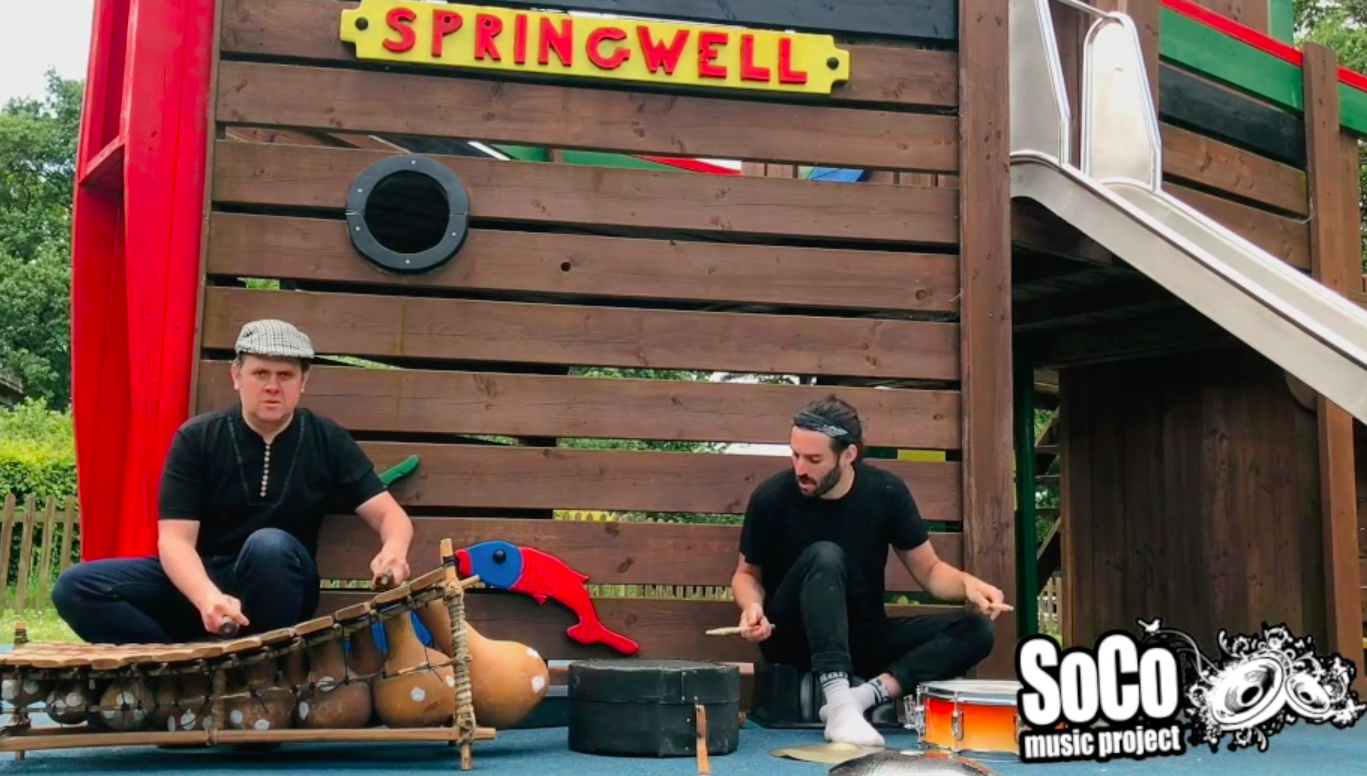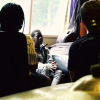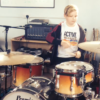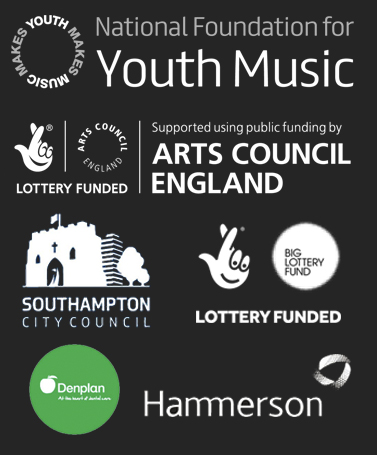Following on from our previous blog where we outlined what our Sustainable Early Years Music (SEYM) project was about, here we explore how it works in practice. For definitions of the terms ‘Sustainable’ ‘Action Research’ please refer back to our previous blog here
SEYM includes three areas of activity. We call these collaborative facilitation, knowledge-exchange, and research/evaluation. They all happen at the same time, and feed into and back on each other – the project isn’t linear and of course, if you consider the dates of this project, it was affected by Covid, lockdown and social distancing regulations.
What does this actually mean in practice?
It means we delivered hundreds of sessions, in nurseries and schools, with teachers, childcare assistants and other practitioners, that enabled children with complex needs to make and experience music.
It means we created tools, frameworks, guides, to allow non music specialists to feel confident in incorporating music into their work.
It means that those practitioners were left feeling able to support music engagement themselves. And it happened – as the first phase of the project came to a close in the Summer term 2020, we were glad to see that what we had hoped came to fruition – more music activity sessions were run, more often, without our music specialist, in both our initial settings.
Collaborative-facilitation includes Ignacio delivering 1:1 and group music sessions in all settings with the staff teams, introducing child-centred and interactive approaches to music-making. He also explored co-facilitation strategies that built on staff members’ existing skills. It was about him showing how things could be done, so they could do them later, themselves.
Knowledge-exchange was embedded from the start. Ignacio, our research mentor and our project manager attended staff training at Rosewood – we were clear throughout that we wanted to learn, too. Unlike a traditional ‘I teach, you learn’ approach, our work was not about top down directive teaching but about recognising that everyone has valuable knowledge, and we made sure there were feedback loops and mechanisms to capture and share that. We also learned a lot about Early Years professionals’ reactions to Ignacio’s early input with the children.
This is key to the sustainability of the work, seeing music as something that enhances learning and progress, as well as being a joy in itself. As well as reflecting together in focus group meetings, we looked at plans and observations written in each setting, and adapted our own documentation and plans to help us weave our work into the settings’ existing work, to ensure that music was considered wherever it could be.
Research and evaluation includes collecting evidence about how children respond to music activities, practitioners’ views of music in Early Years, their self-confidence to do music independently, and how they use music in their teaching, care and play activities. This helps us focus on choosing the right type of music facilitation and mentoring. We are also interested to learn about the wider social, professional and organisational aspects that impact Early Years provision. This helps us to support music provision in ways that are more effective and meaningful for practitioners and caregivers. We developed this research evidence using a combination of methods, including surveys, observation, studying available documents on paper and online, and interviews
We were proud that Ignacio delivered a seminar about SEYM at Royal College of Music, and a presentation at ‘Minds Matter’ (annual EY Conference in Southampton).
During lockdown, SEYM’s support of children and practitioners promptly adapted to the new restrictions and needs that quickly emerged. This involved supporting project participants working with children of key workers, and creating resources for children learning from home.
Continuing our collaborations with practitioners during such uncertain and challenging times reinforced our sense of purpose and shared values that remains to this day and has directly contributed to the continuation of SEYM at Springwell. It was a difficult yet very special time where we confirmed how SEYM’s strength relied on its inclusive community values.
Home learning support consisted of a series of music videos where music activities are used to support the wider learning and enjoyment of the children. These were made by Ignacio and SoCo practitioner Louis Duarte, who often perform together in the percussion duo ‘Dock Season’. The videos proved to be very successful and popular, with over 12.000 views! This encouraged Ignacio to build on this new collaboration between SoCo and Springwell, and start the ‘Dock Videos Collective’: the new creative team now included the SEYM apprentice and SoCo practitioner Hayley McDonnell, and videographer Mitch Wiseman. Click here to see ‘The Wind’, another video by the Dock Videos Collective
Looking back now, we can see how much we did and we truly believe that this work could be useful for all those working with children, and so and we hope that the work will find its way into other locations.
